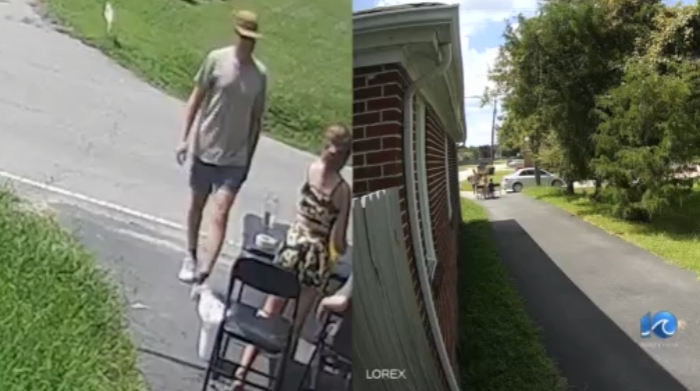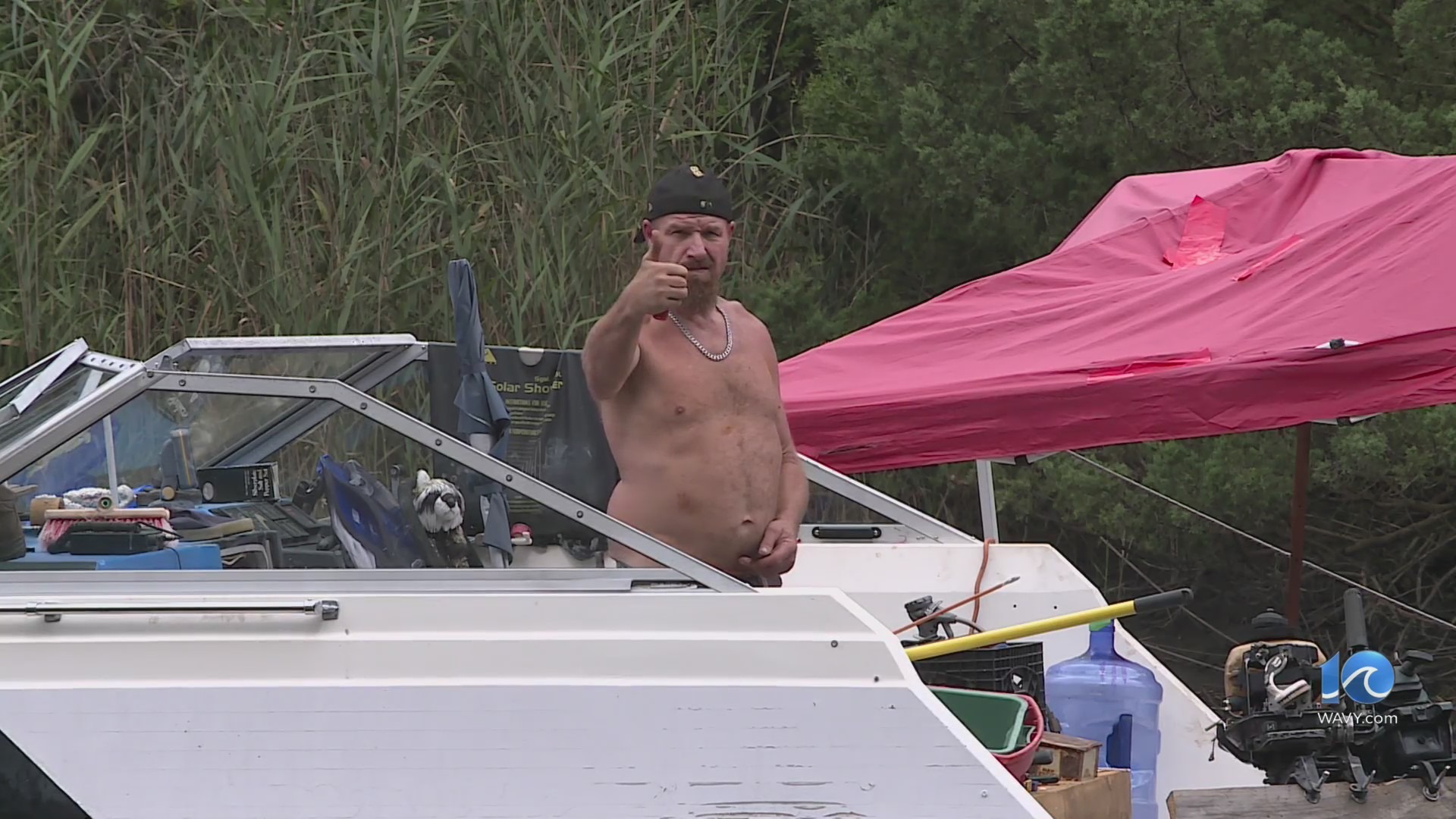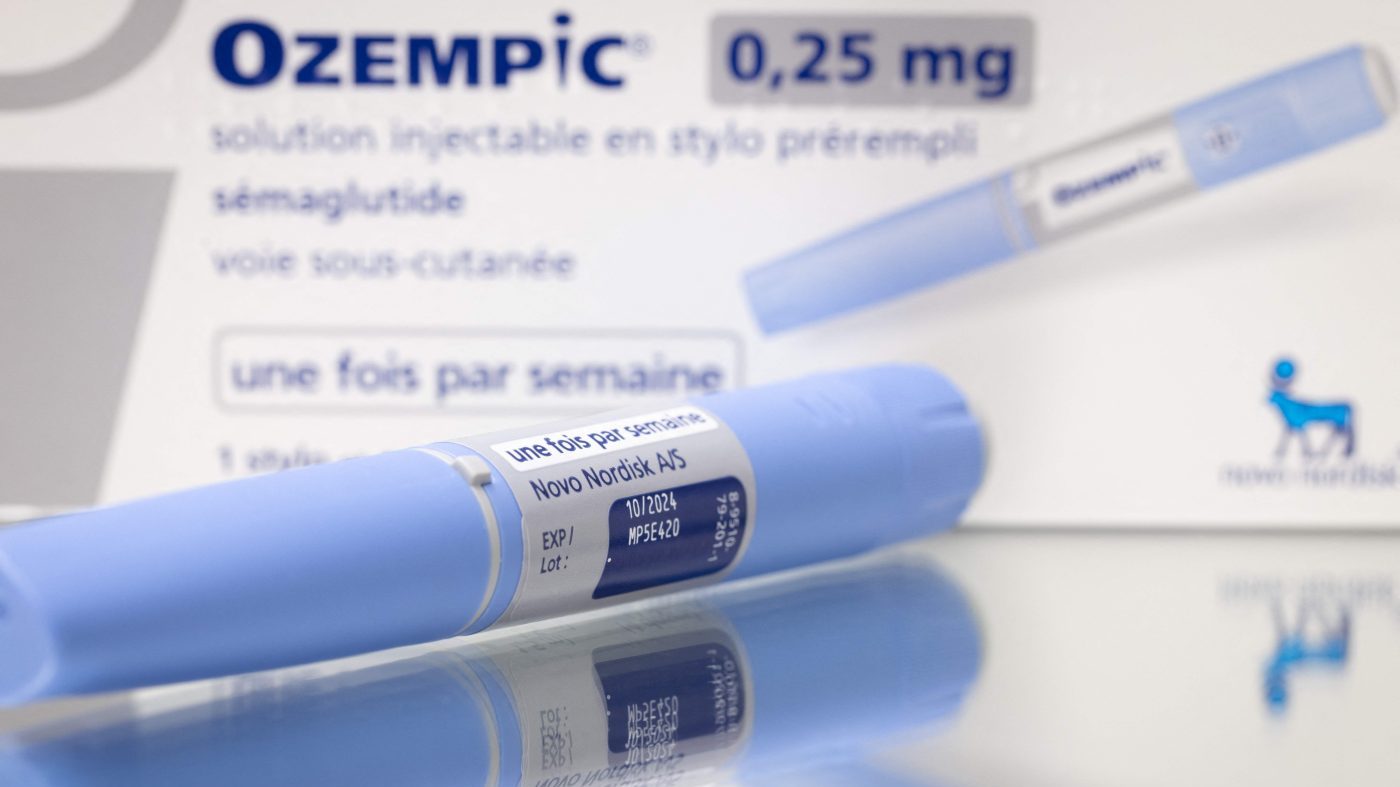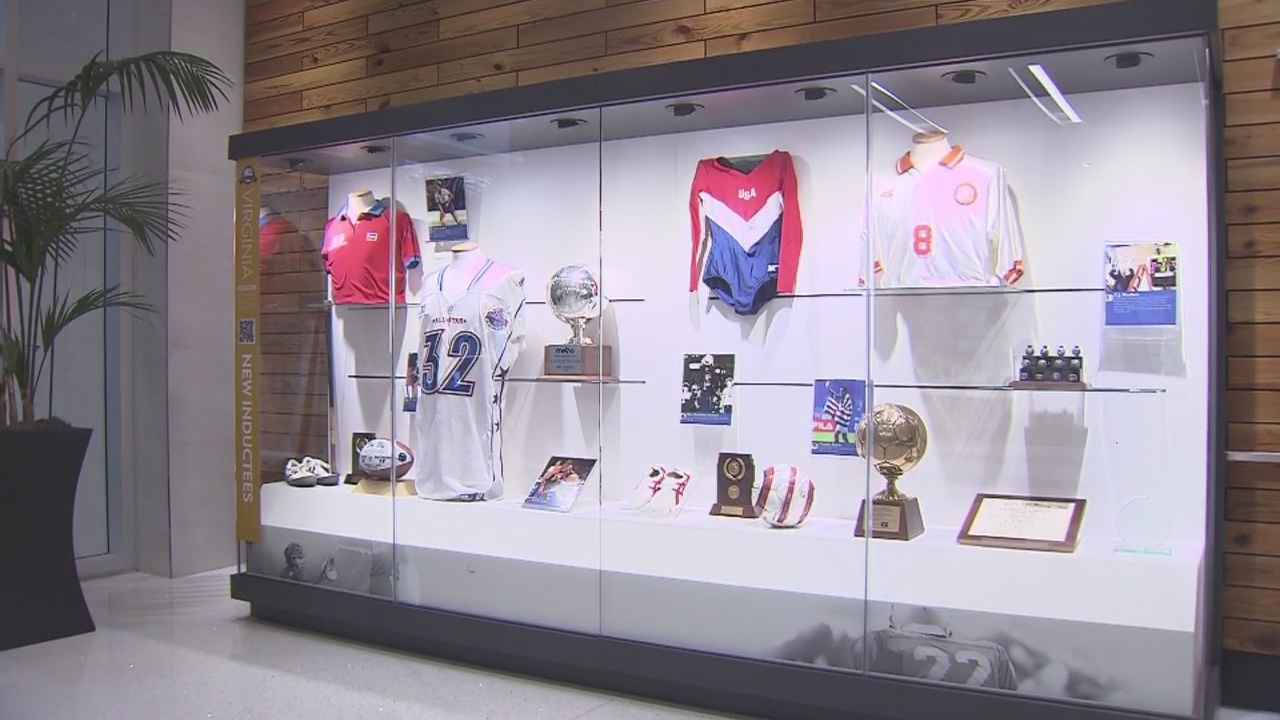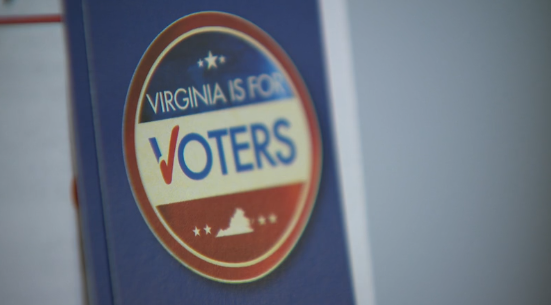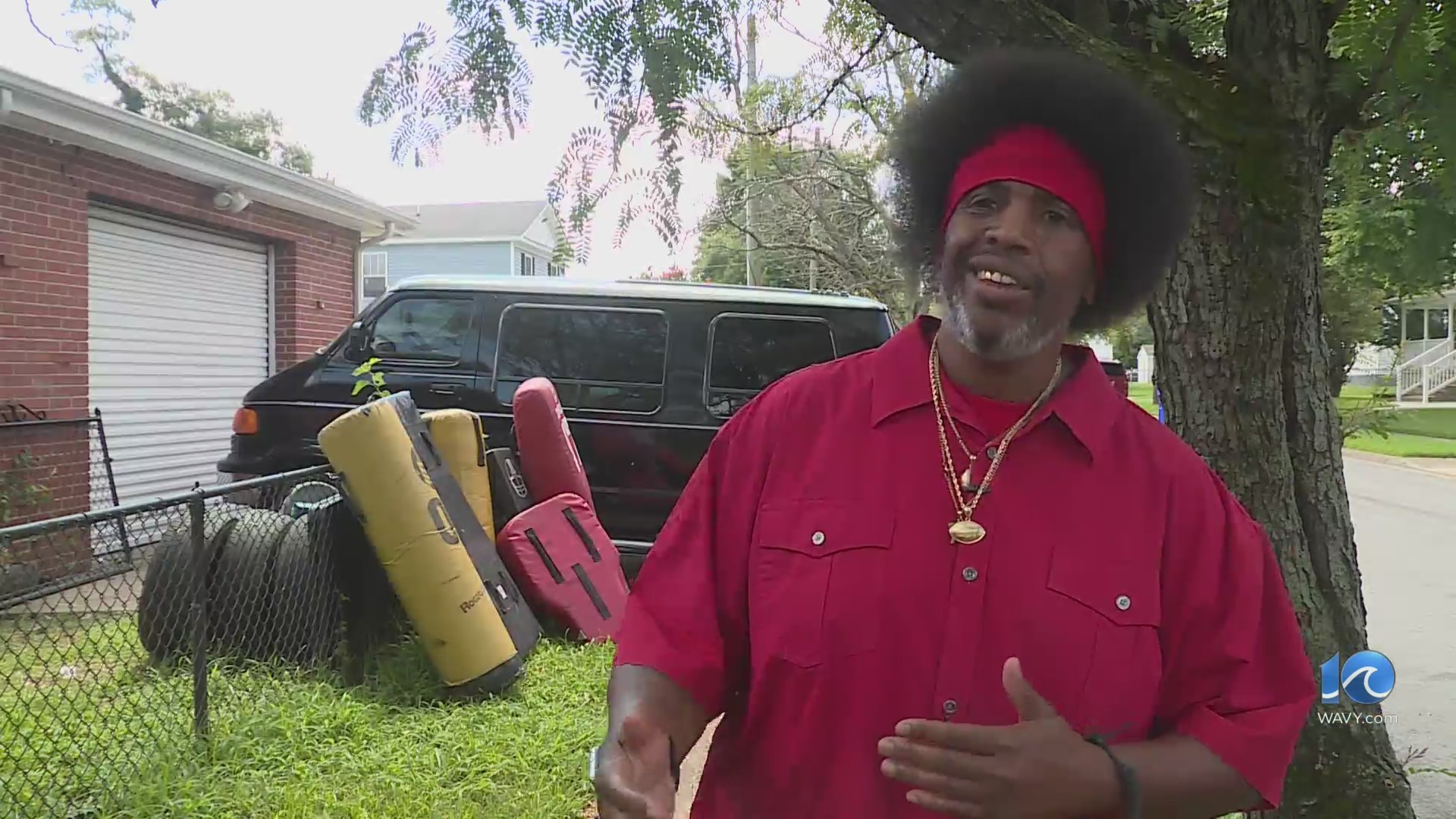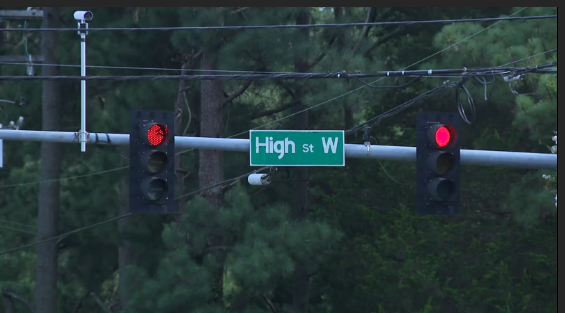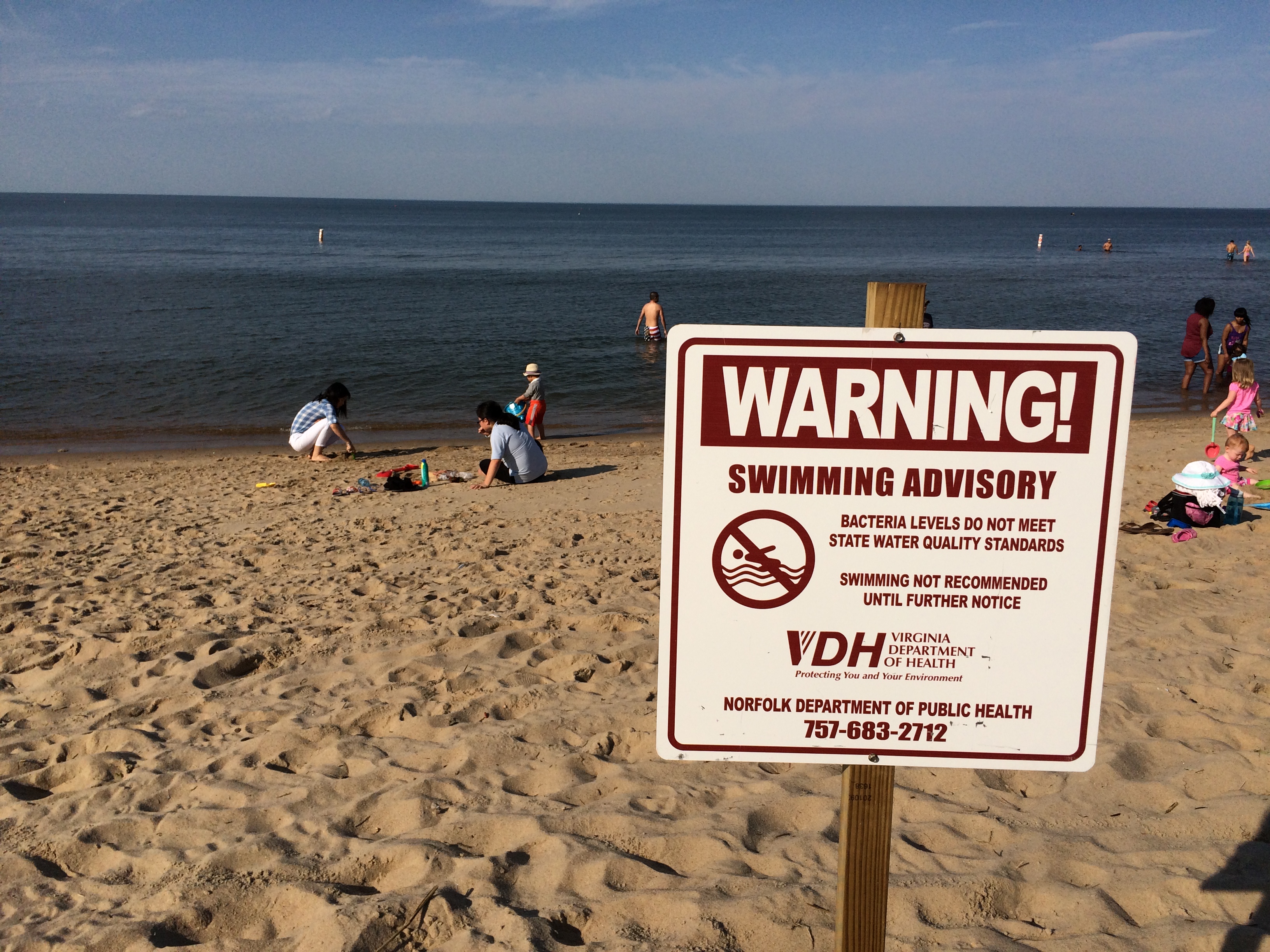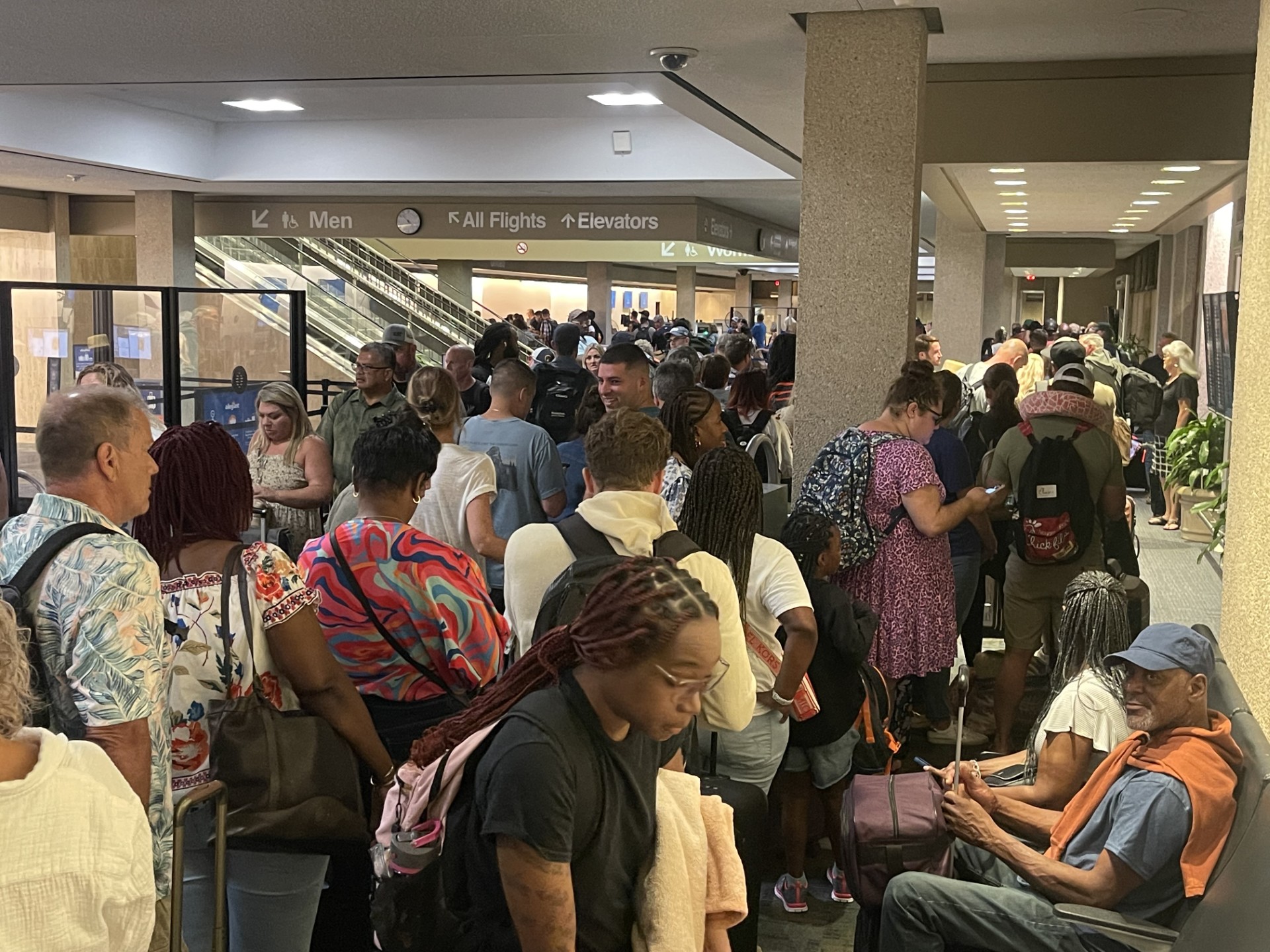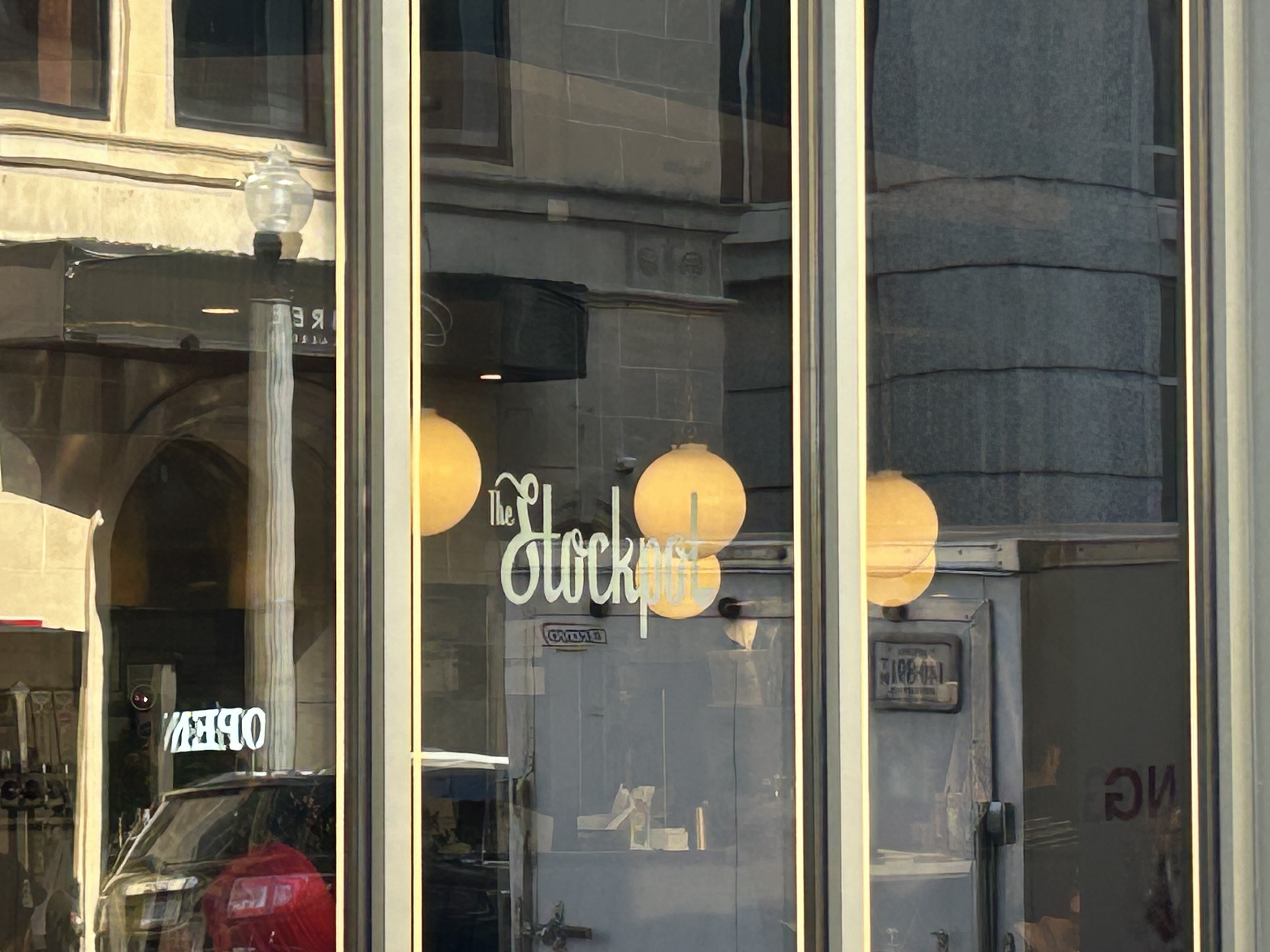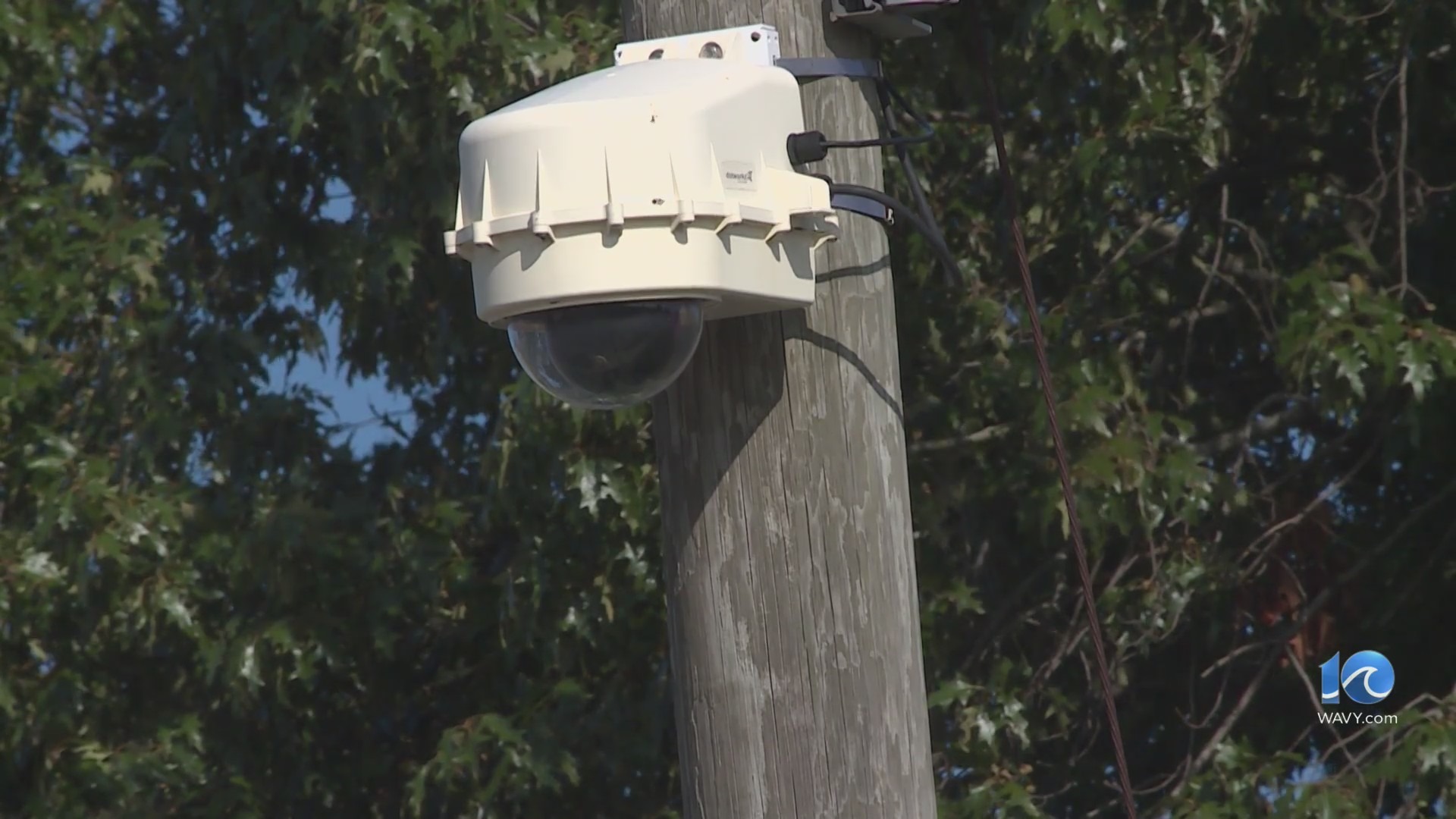RICHMOND, Va. (WRIC) — Gov. Glenn Youngkin (R) has changed how Virginians with felony convictions regain their civil rights by ending practices that made the process automatic for some.
People with felony convictions seeking to have their rights to vote, run for office and serve on a jury restored are now required to file an application given to them once they are released. They are all “considered individually,” Secretary of the Commonwealth Kay Coles James wrote in a March 22 letter to state Sen. Lionell Spruill Sr. (D-Chesapeake).
The Youngkin administration’s move is a shift from a policy change implemented by Gov. Robert McDonnell (R) to automatically restore voting rights to people convicted of certain nonviolent felonies who meet specific requirements.
Sen. Spruill, chair of the Virginia Senate’s Privileges and Elections Committee, had sent a letter to Secretary James on March 17 sharing concerns that Youngkin was using unknown criteria for the restoration process and highlighting a reduction in the number of people who have had their voting rights restored under his administration.
“Every applicant is different and we utilize our partners at the Virginia Department of Corrections, Virginia State Police, Virginia Department of Elections, Virginia Department of Behavioral and Developmental Services, and the Compensation Board to research each application and provide further information to be used in the consideration process,” James wrote in a follow-up letter to Spruill after they spoke on March 17.
In Virginia, people lose their right to vote, run for office and other civil rights when convicted of a felony and must petition the governor to regain them. People need to petition the courts to restore their firearms rights.
Former Virginia Gov. McDonnell expedited the restoration process for those convicted of certain nonviolent felonies who have met certain qualifications after serving out their sentences by making the restoration automatic.
In 2021, then-Gov. Ralph Northam (D) removed the requirement that Virginians with felony convictions have to finish being under community supervision — parole or probation — before having their voting rights restored.
These policies have ended with the changes from Youngkin’s administration, raising concerns among Democrats over the criteria for the restoration process.
“Modern bipartisan evidence-based restorative policy that reduced recidivism is dead & ex-felons can now only have voting rights restored using a secret process with secret criteria in the complete absolute discretion of the Governor of VA – we are back to 1902-era policy in VA,” state Sen. Scott A. Surovell (D-Fairfax) tweeted on Wednesday.
In his letter to James, Spruill asked about the criteria someone would have to meet to have their rights restored, how the administration made the public aware of the change and how many people have regained their voting rights since.
Spruill also wrote that it appears the numbers are “significantly lower” under the Youngkin administration, writing that a report shows that “only 4,000 voters’ rights were restored in 2022 compared with about 90,000 in 2021, 17,000 in 2020, and 16,000 in 2019.” Sen. Spruill did not respond to 8News’ request for an interview.
Last May, the governor’s office announced that nearly 3,500 people had their voting rights restored under Youngkin. But, last October, the next batch of Virginians who regained their voting rights dropped to over 800.
A spokesperson for Youngkin, Macaulay Porter, did not answer questions on the criteria used by the administration and how many Virginians have had their voting rights restored under the updated policy.
“The Governor firmly believes in the importance of second chances for Virginians who have made mistakes but are working to move forward as active members of our citizenry,” Porter said in a statement. “The Constitution places the responsibility to consider Virginians for restoration in the hands of the Governor alone, and he does not take this lightly.
“Restoration of rights are assessed on an individual basis according to the law and take into consideration the unique elements of each situation, practicing grace for those who need it and ensuring public safety for our community and families.”
Secretary James was not available for an interview Thursday, Porter told 8News.
People with prior felony convictions can also go online to apply to have their voting rights restored.















































































